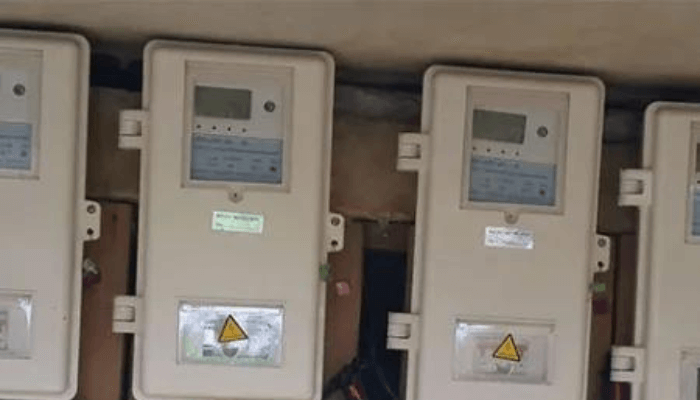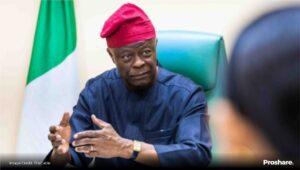
FG to receive 3.2m meters to bridge national metering gap
…PETROAN calls on NNPCL to activate product tracking system
By Seun Ibiyemi
The Federal Government is poised to take delivery of the first batch of 3,205,101 electricity meters, a key milestone in its efforts to reduce Nigeria’s longstanding metering deficit.
In a statement released on Sunday, Bolaji Tunji, Special Adviser on Strategic Communications and Media Relations to the Minister of Power, Chief Adebayo Adelabu, disclosed that the initial consignment of 75,000 meters under the International Competitive Bid 1 (ICB1) is scheduled to arrive in April 2025, with a further 200,000 units expected by May 2025.
Tunji took issue with a recent media report which painted the metering sector as being in crisis, arguing that such representation failed to reflect the substantial strides made by the government toward closing the gap.
“Challenges certainly exist, but the facts present a more accurate picture — one that reflects ongoing commitment, solid investment, and carefully mapped-out strategies by the Federal Government of Nigeria to address the metering shortfall,” Tunji noted.
Contrary to suggestions of inertia, he pointed out that the rollout of meters has been making consistent progress. As of December 2024, 5,502,460 electricity customers had been metered, representing about 55 percent of Nigeria’s 10,114,060 active electricity users.
“In 2024 alone, 572,050 meters were installed. While the government acknowledges the remaining deficit, it is actively working to close that gap as efficiently as possible. It’s important to note that a significant number of active consumers already have meters, which counters the exaggerated impression of a collapsing system,” he added.
According to Tunji, although installation rates have fluctuated in recent years, the sector has maintained an average annual installation rate of approximately 668,000 meters. Furthermore, structured financing arrangements and federal initiatives are expected to accelerate this pace significantly.
“To tackle the shortfall head-on, several important interventions have been put in place to strengthen the metering framework nationwide. Chief among them is the Distribution Sector Recovery Programme (DISREP), which aims to deliver over 3.2 million meters by 2026,” he explained.
This goal will be realised through a mix of procurement methods, including 1,437,501 meters via International Competitive Bid 1 (ICB1), 217,600 meters through National Competitive Bid (NCB), and 1,550,000 meters under International Competitive Bid 2 (ICB2). Under this framework, the first 75,000 meters are due in April 2025, followed by a second batch of 200,000 meters in May.
Beyond DISREP, Tunji pointed to the ¦ 700 billion Presidential Metering Initiative (PMI) as another cornerstone intervention aimed at fast-tracking the metering process. Backed by funds from the Federation Account Allocation Committee (FAAC), the initiative is designed for wide-scale procurement and deployment of meters.
“To oversee the successful implementation of the PMI, a Special Purpose Vehicle (SPV) has been established. The target is to deploy two million meters annually over a five-year period. The tender for the first tranche of meters — two million units — is expected to be issued by the third quarter of 2025,” he said.
He stressed that these targeted interventions offer a clear and achievable roadmap for addressing Nigeria’s metering needs in a sustainable manner.
While acknowledging that the metering gap remains an issue, Tunji argued that claims it would take over a decade to bridge are misleading. According to him, with both DISREP and the PMI in full swing, the sector is positioned for marked improvements before the close of the year.
“What we need now is to maintain focus on the delivery of these well-thought-out plans — not sweeping criticism that overlooks the real and measurable progress already underway,” he said.




